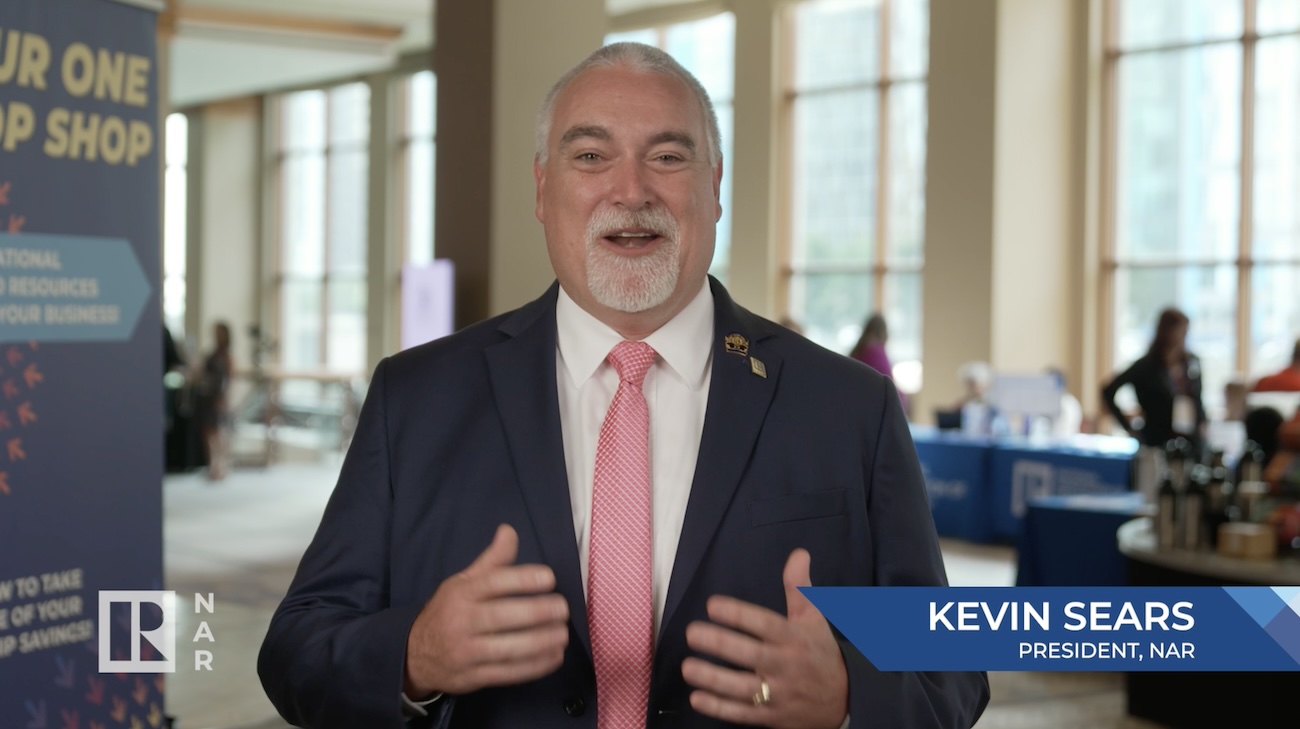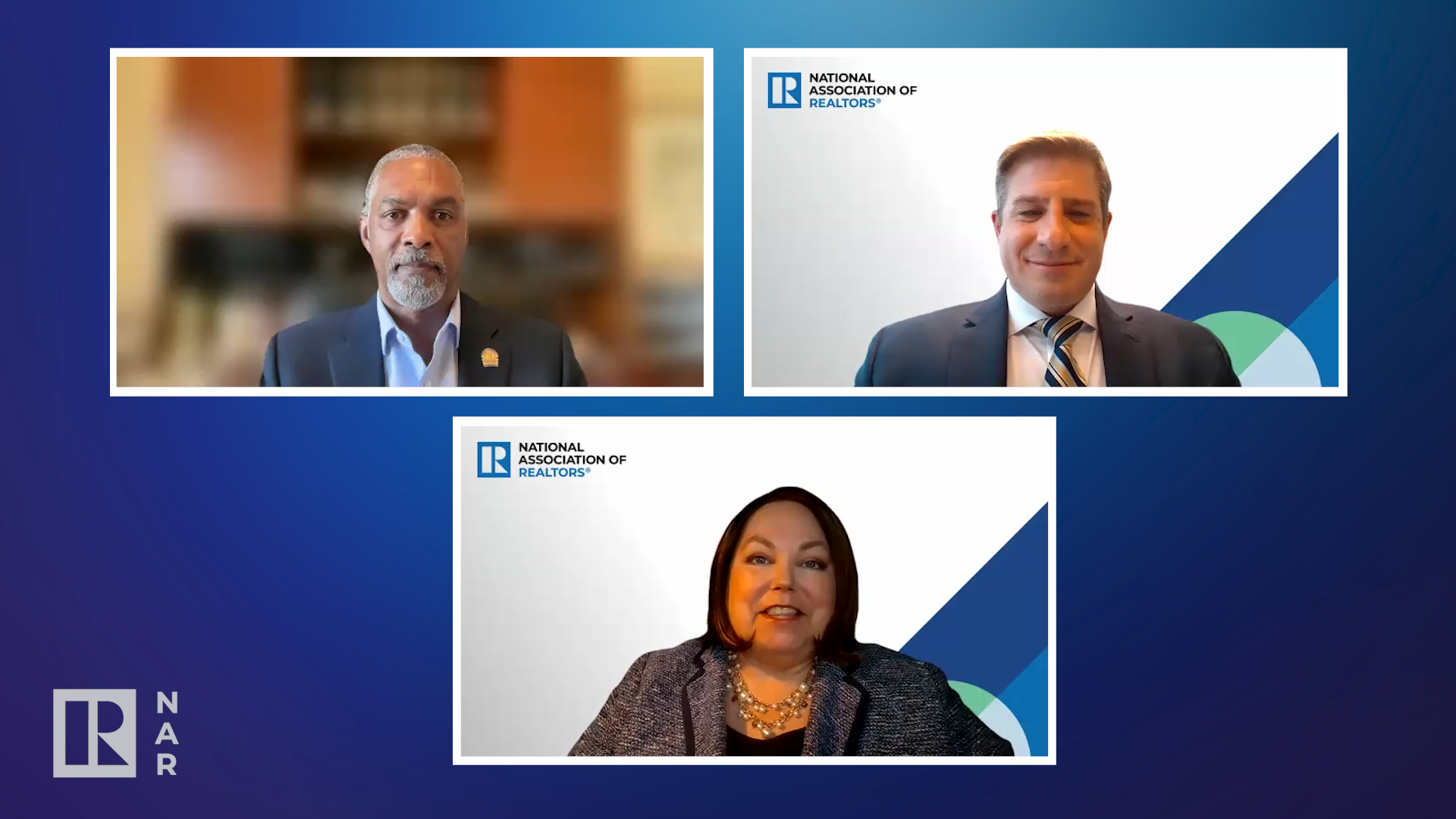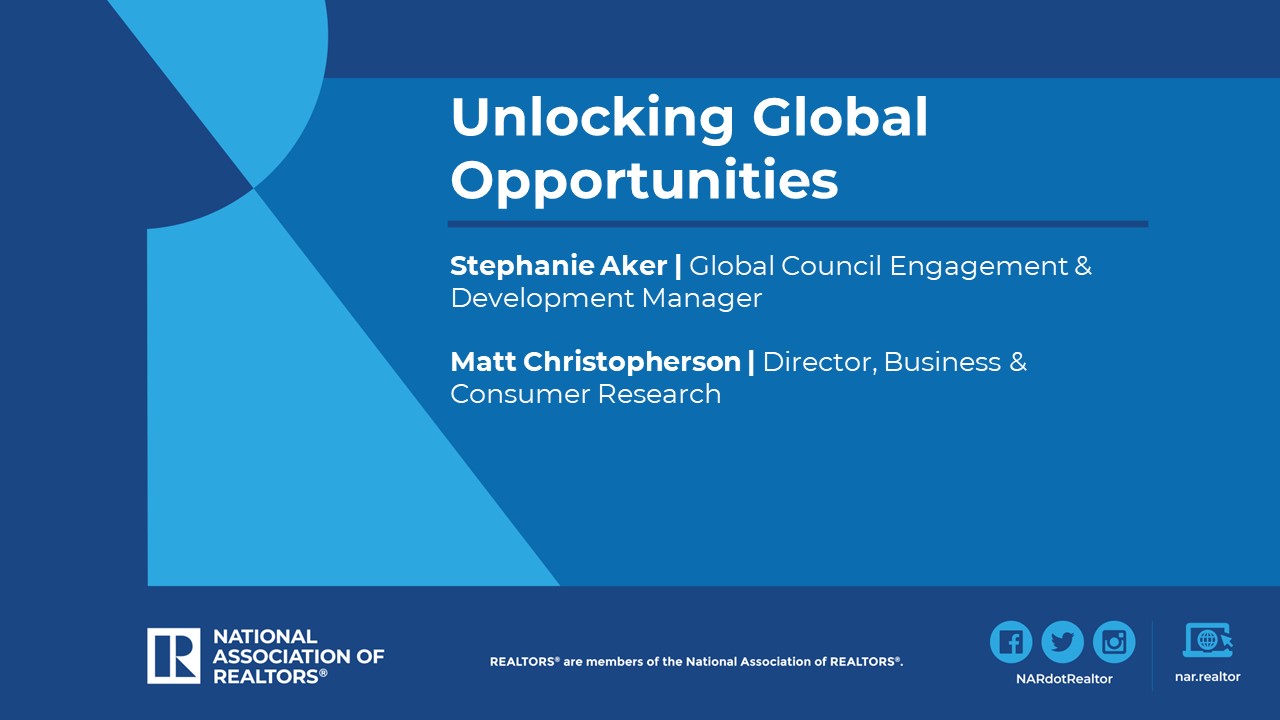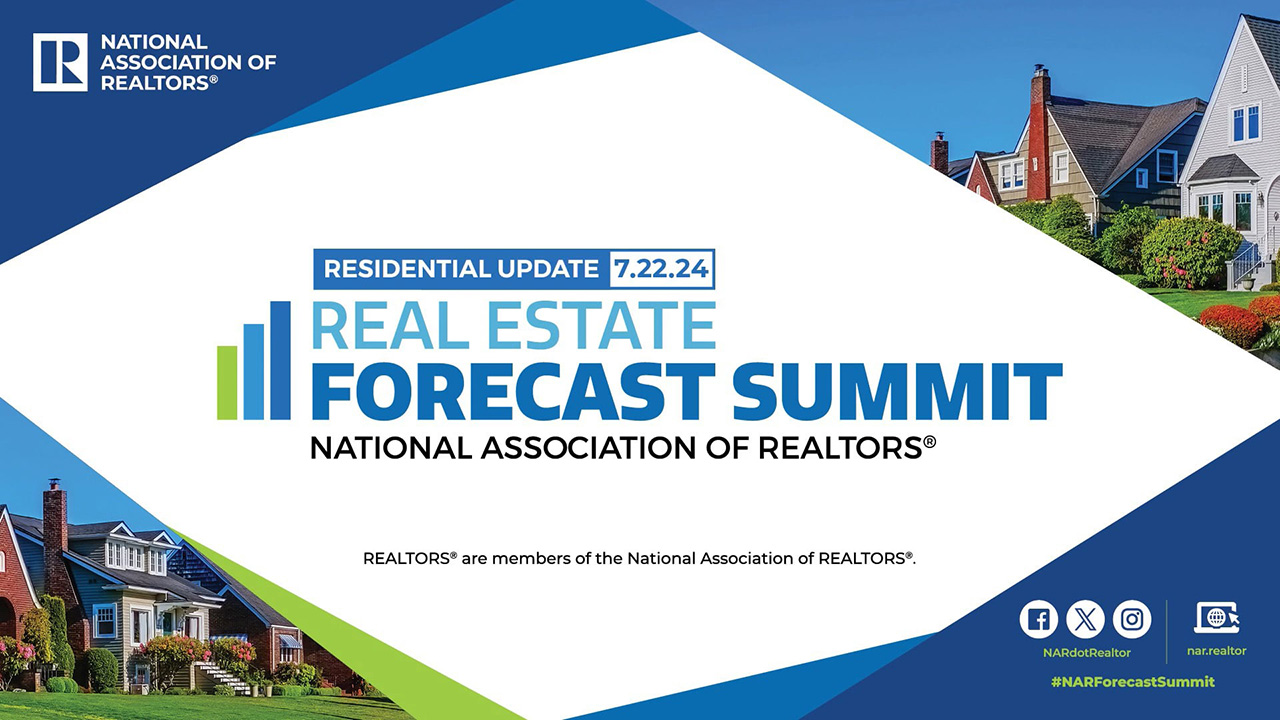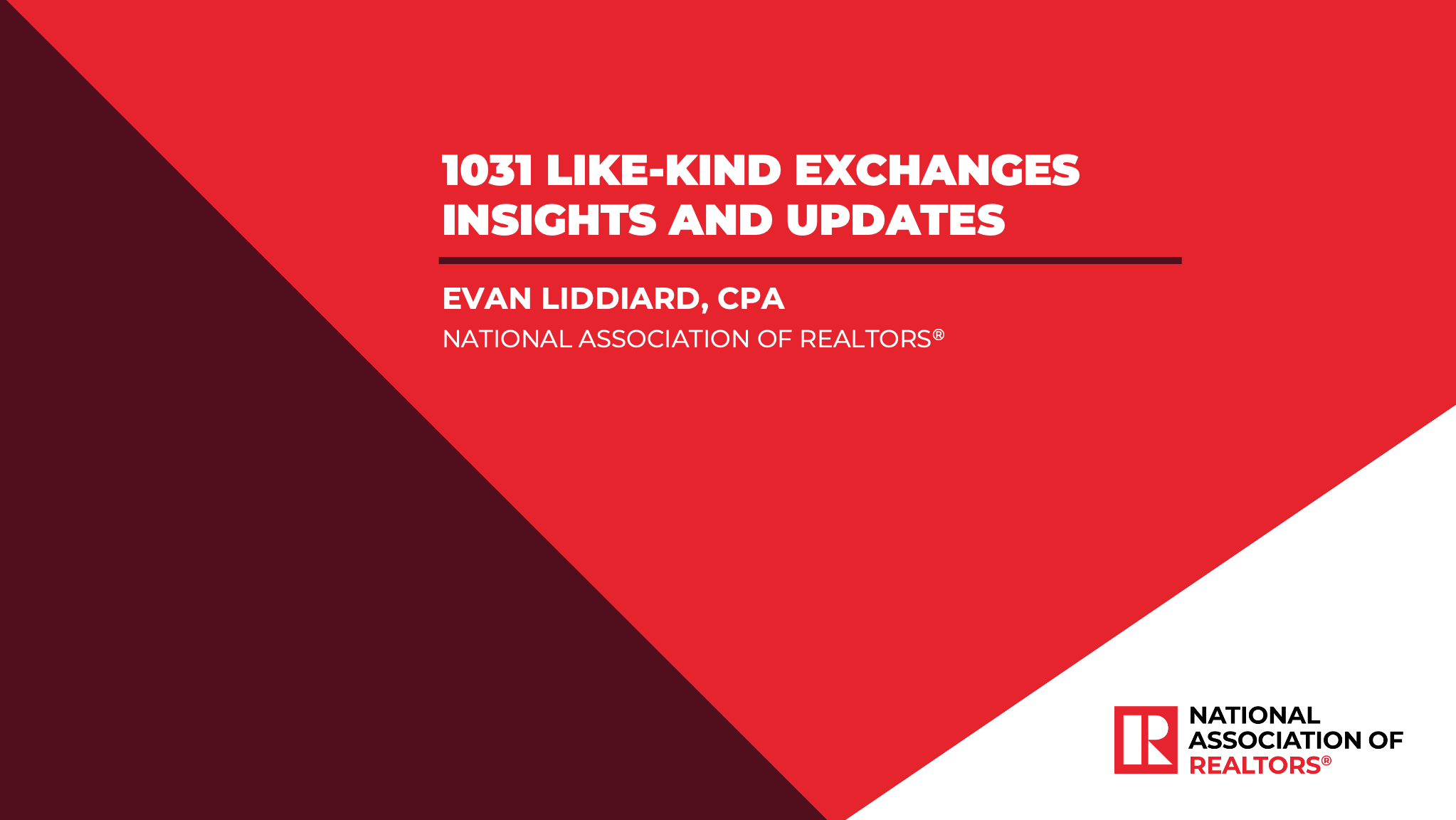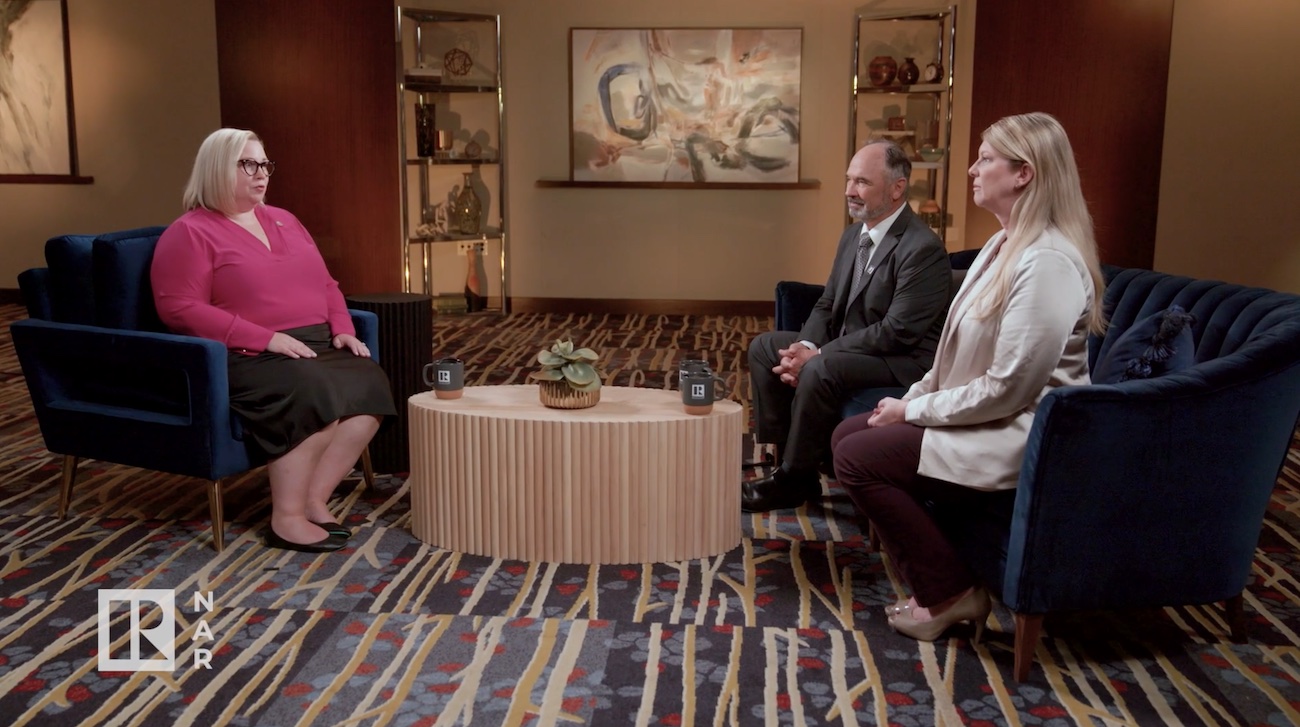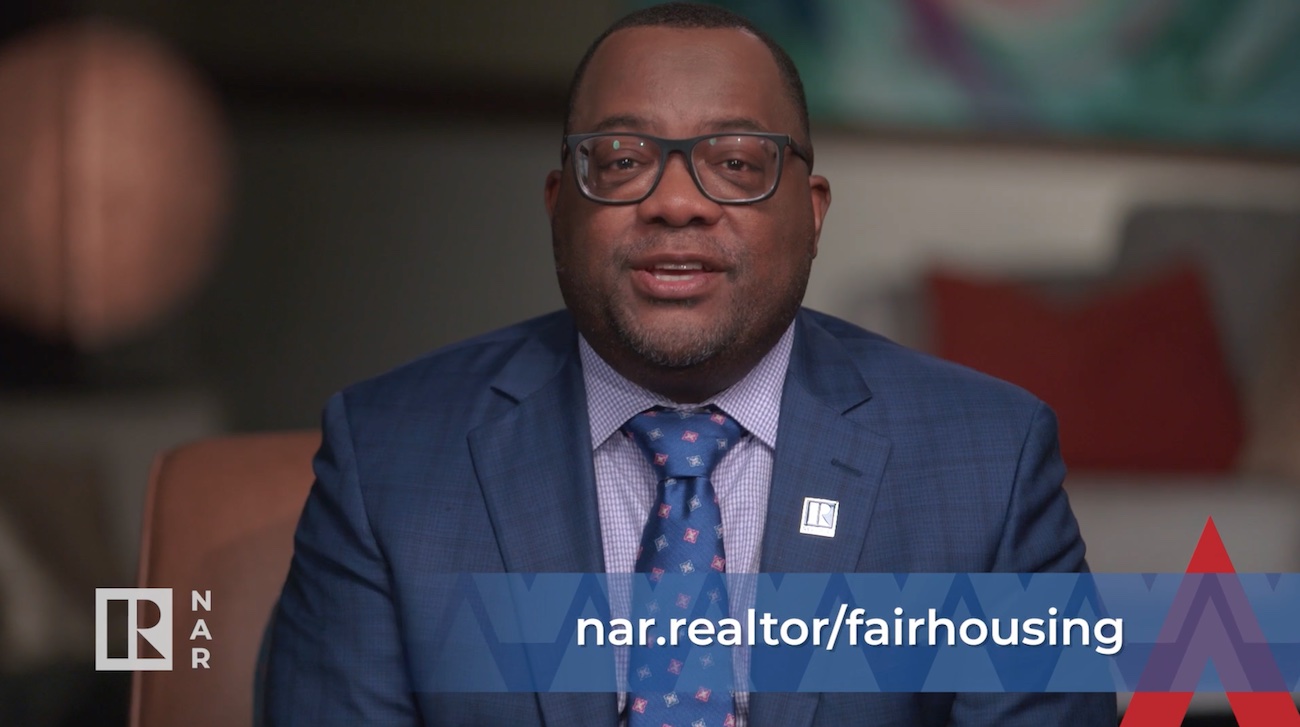Window to the Law: Overview of RESPA for Real Estate Professionals - Transcript
Hi, I’m Deanne Rymarowicz, NAR Associate Counsel.
The Real Estate Settlement Procedures Act, or RESPA, is a federal law, which seeks to reduce costs and promote transparency by requiring timely disclosures to consumers about the nature and costs of the real estate settlement process. Enforced by the Consumer Financial Protection Bureau, RESPA applies to any real estate transaction involving a federally related mortgage loan, which covers the vast majority of residential real estate closings. Penalties for violating RESPA range from a fine of $10,000 or imprisonment for up to one year, so it’s critical for real estate professionals to understand how RESPA impacts transactions, as well as the interactions between settlement service providers.
Generally, covered settlement services are services provided in connection with a real estate transaction before or during the settlement, such as title insurance, appraisals, real estate brokerage services and property inspections.
Of particular relevance to real estate professionals is Section 8 of RESPA, which prohibits referral fees, the splitting of unearned fees and kickbacks.
Section 8(a) prohibits referral fees between settlement service providers, which means that real estate professionals should never give or receive money or anything of value in exchange for a referral to or from another settlement service provider. For example, if you refer a client to a home inspector, and the home inspector sends you a gift card to your favorite restaurant as a thank-you, this would likely violate RESPA. Even if you don’t have a written agreement for the referral of business, your conduct can imply such an arrangement.
Similarly, the giving and receiving of any portion, split, or percentage charged or received for a settlement service is prohibited, unless the fee is for actual services performed. So, a marketing services agreement between a real estate professional and a mortgage company, where no services are actually rendered, would violate this provision.
There are some exceptions from RESPA’s prohibitions, including and importantly that RESPA does not prohibit referral fees between real estate licensees for their real estate brokerage activities. Other exceptions include normal promotional and educational activities that are not conditioned on the referral of business and do not defray expenses that otherwise would be incurred.
Another exception is the affiliated business relationship. An affiliated business relationship is where two settlement service providers operate a settlement service together, such as a real estate brokerage and title company having common ownership interests. This is permitted as long as the consumer receives a written disclosure about the existence of the arrangement and a written estimate of the charges or range of charges no later than the time of referral. In addition, the consumer cannot be required to use any specific settlement service provider, and no payments, other than a return on investment, may be received under the arrangement.
Always be mindful of your RESPA obligations when working with other settlement service providers. To avoid costly penalties, keep these tips in mind:
- Never accept a gift or a thing of value in exchange for a referral to another settlement service provider. Remember that a “thing of value” need not be expensive for the payment or gift to violate RESPA.
- Review marketing service agreements to ensure that any payment is for the fair market value of marketing services actually rendered, not referrals.
- Always provide the appropriate disclosures when recommending a settlement service provider with whom you have an affiliated business relationship.
Check out nar.realtor/respa for more resources including answers to frequently asked questions and common scenarios.
Thanks for watching this episode of Window to the Law.
























